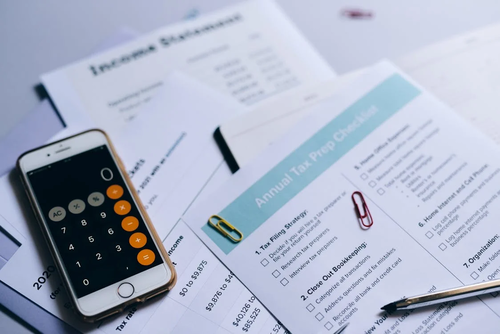Financial hardships can strike anytime, disrupting lives and making even day-to-day expenses insurmountable. For many individuals and families, navigating such challenges requires determination and practical strategies to rebuild stability. Whether it’s caused by unexpected medical bills, job loss, or accumulated debt, recovering from financial setbacks is a process that demands focus, adaptability, and action. Programs offering economical debt relief texas can serve as a crucial resource, providing structured support to ease the burden.
Building a Foundation for Recovery
The first process in recovery from financial challenges is to accept the position and evaluate the depth of the problem. In most cases, neglecting the problem or putting it off only results in the amplification of stress and even the disease state. The process should begin with developing a sound understanding of your financial situation. This ranges from determining your liabilities, preparing your expenditures, and comprehending your revenues. Once you know where you stand, you can start to build a plan that has the potential to make real progress.
Another very important factor in recovery is communication. If your problems are debts, talk to creditors or service providers. Lenders are often flexible with loan payment structures or provide some type of reprieve for consumers in a financial pinch. It is a responsible act and can help avoid worse outcomes, which include failing to make payments. At the same time, consider outside sources, such as tax relief programs, designed to restore the person to solvency without putting too much pressure on him.
One of the most important components of this process is to bring back and review your budgeting. The two strategies to be employed should be to reduce the spending to only the barest minimum and to reduce spending on unnecessary items and services. It doesn’t have to be drastic – cutting down on eating out or streaming services can help make a difference in the budget.
Exploring Long-Term Solutions
Emergency strategies and actions are critical for rapid improvements, but long-term recovery is about long-term improvements. For example, measures such as diversification of income sources are a very practical way of developing stability. This may entail seeking other income-generating activities such as working a second job, doing freelance jobs, or even selling items that are not in use. Even one extra dollar can go a long way toward paying off debt and decreasing overall worry.
Education and skill development should also be given priority in the recovery processes for long-term change. Courses or certifications that increase chances of getting a job provide a way to get better paying jobs. Further, it is also important to consider speaking to a financial planner or tax professional to discuss individual options, such as programs meant to help with tax burdens and manage high taxes.
Another long-term financial plan encompasses creating an emergency fund. When people are in financial difficulties, it may seem that saving is impossible; however, even if one saves a little daily, it will create a safety cushion for the future. An emergency fund is a way to guarantee that future difficulties are not so critical, and it brings financial and psychological safety.
The Role of Professional Assistance
For many, the road to financial recovery might seem almost impossible, especially when faced with tax or debt problems. This is why getting some professional help is of so much importance. Debt or tax issues are best handled by programs designed to hold them because they are complicated. Hiring a professional not only is time effective but also minimizes potential errors, which can be very costly—schemes like the IRS Tax Relief Program offer organized and easy-to-follow plans for taxpayers with outstanding payments.
Outside assistance can also make clear which programs one might qualify for, like the IRS Fresh Start Initiative, to help those in financial trouble. Mortgage and similar services have the experience to deal with creditors or tax offices on your behalf and obtain better terms for you with less worry.
A Roadmap to Hope
Overcoming financial difficulties is not a process that can be completed in a few days, but it is one that many people manage with determination and guidance. When practicing stability, remember that there are bound to be some adversities now and then. Every decision, from making a list of expenditures to consulting a financial advisor to starting an emergency fund, is in progress.
Thus, it helps in learning resilience and prudent ways to manage his or her resources in the future. Having the proper instruments, support, and commitment, the person can always cope with these problems and achieve a better financial situation. Some programs give a more structured approach to helping, such as economic debt relief Texas, which provides a route back to stability to ensure that people are never without hope.



